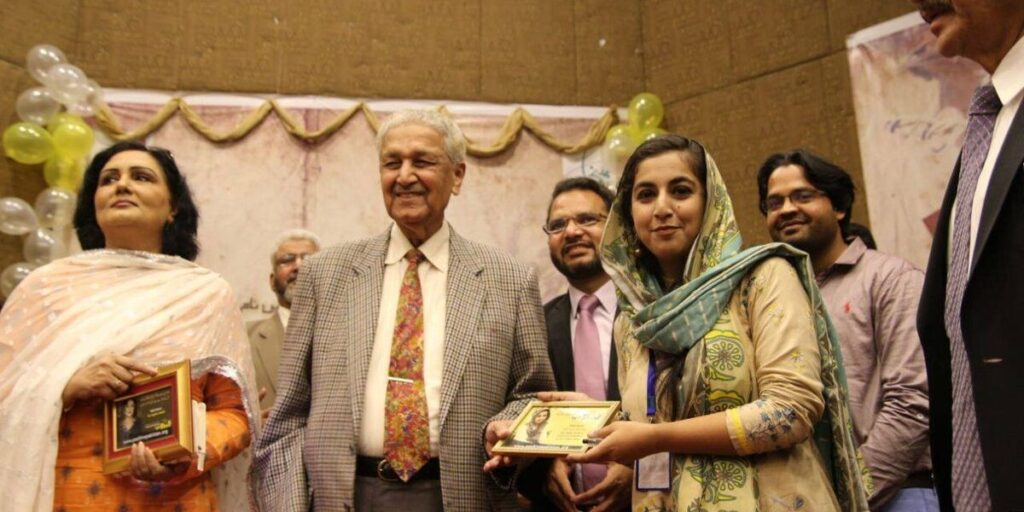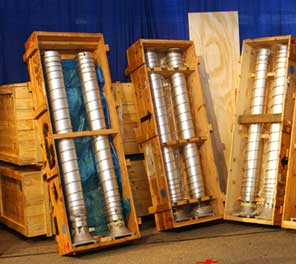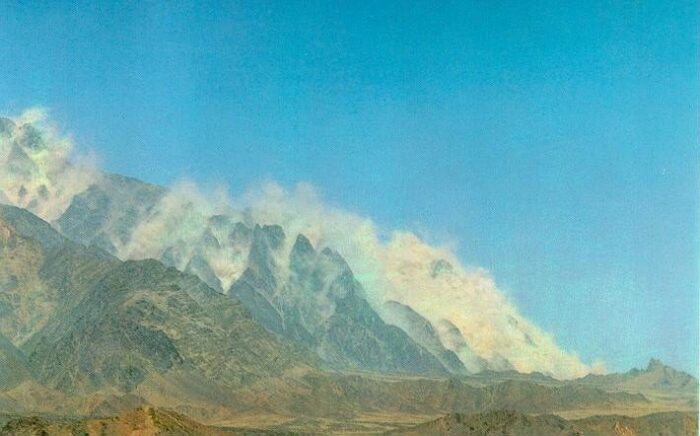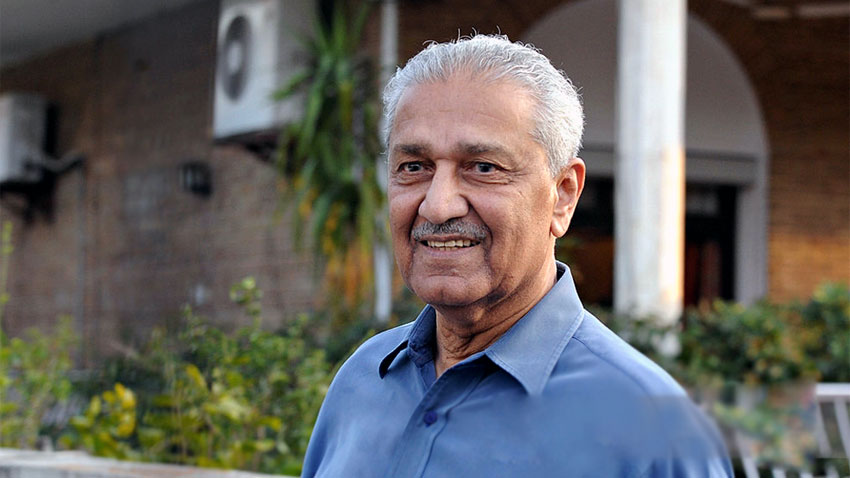Abdul Qadeer Khan is known as the father of Pakistanâs nuclear program. He made Pakistan the first Muslim-majority country to develop nuclear weapons. Khanâs contributions to science and national defense remain key moments in Pakistanâs history, but his legacy also carries controversy.
Early Life and Education

Abdul Qadeer Khan was born on April 1, 1936, in Bhopal, India. His family valued education and Islamic principles. After Indiaâs partition in 1947, the family migrated to Pakistan. Khan completed his early education in Pakistan before pursuing higher studies abroad.
He earned a degree in Metallurgical Engineering from the University of Karachi in 1960. He then studied in Europe, earning a Masterâs degree from the Delft University of Technology and a Ph.D. in Metallurgy from the Catholic University of Leuven.
The Beginning of Pakistanâs Nuclear Program

After Pakistanâs defeat in the 1971 war, Khan grew concerned about the nationâs security. When India tested its first nuclear weapon in 1974, Khan realized the need for Pakistan to develop a nuclear deterrent.
Khanâs expertise in metallurgy and uranium enrichment made him a crucial asset. In 1975, Pakistani Prime Minister Zulfiqar Ali Bhutto invited him to join Pakistanâs nuclear program. Khan returned to Pakistan to help develop the countryâs nuclear capabilities.
Building Pakistanâs Nuclear Capability
Khan led Pakistan’s uranium enrichment program. In 1976, he founded the Kahuta Research Laboratories (KRL), which later became the Khan Research Laboratories. Khan used gas centrifuge technology to enrich uranium, a method he learned while working in the Netherlands.

Under Khanâs leadership, Pakistan rapidly advanced its nuclear program. By the early 1980s, the country successfully enriched uranium. In May 1998, Pakistan conducted its first nuclear tests, making it a nuclear-armed state. This shift changed South Asiaâs strategic balance. Khan was hailed as a hero for securing Pakistanâs defense.
Controversy and Nuclear Proliferation
In 2004, an international scandal revealed that Khan had helped spread nuclear technology to countries like North Korea, Iran, and Libya.
In response, Pakistan placed Khan under house arrest. Khan admitted to his role in the proliferation, but many Pakistanis believed he was unfairly scapegoated. They continued to see him as a patriot who acted in the nationâs interest.
Though Khan was pardoned by President Pervez Musharraf, his global reputation suffered. The scandal strained Pakistanâs relations with the U.S. and other nations.
Later Life and Legacy
Khan was released from house arrest in 2009 but remained under surveillance. He continued to speak on national defense issues.
Many Pakistanis view him as a national hero. His work in nuclear development ensured the nationâs security and military parity with India.
However, his involvement in nuclear proliferation damaged his international reputation. Despite this, Khan remains an iconic figure in Pakistan’s history.
Death and National Mourning
Abdul Qadeer Khan passed away on October 10, 2021, at the age of 85, due to complications from COVID-19. Pakistan declared a national day of mourning, and his state funeral reflected the countryâs respect for his contributions. Many saw his death as the loss of a national hero.
Conclusion
Abdul Qadeer Khanâs life shaped Pakistanâs defense and nuclear capabilities. While his role in nuclear proliferation created global controversy, his contributions to Pakistanâs defense remain undeniable. He is remembered as a symbol of national pride and security.
